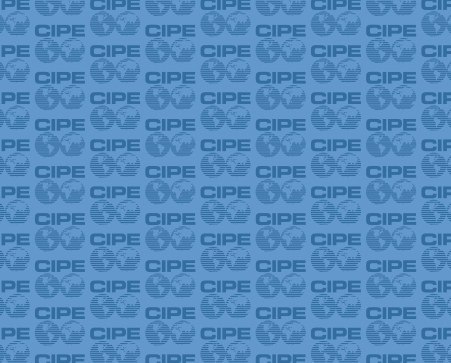
On May 20, the Pakistani Information Ministry blocked access to world’s largest micro blogging site, Twitter, on the pretext that the company had not removed derogatory material about Prophet Mohammad.
Pakistani authorities are known for taking such actions: exactly two years ago in May 2010, based on a verdict from a local court, Facebook, Youtube, Twitter and 1000 other such websites were banned in the country. This time, however, civil society organizations and activists moved quickly to start a campaign against the government’s decision. In 2010,after ten days of hectic efforts, the Pakistan Telecommunications Authority lifted the ban. This time it took just 10 hours.
Two years ago, on May 20, 2010, Jehan Ara, President of the Pakistan Software Houses Association and a civil society activist, wrote a blog suggesting that banning Facebook would not help Pakistan. She said “We stifle our own voices by banning a social networking site where 2.5 million Pakistanis could have been heard. We hide our head in the sand like ostriches. We react like little children do – closing our eyes and pretending that if we don’t see it, it doesn’t exist.”
The move to ban Twitter came only a day after Senator Rehman Malik who also is the Interior Minister tweeted “Dear all, I assure u that Twitter and FB will continue in our country and it will not be blocked. Pl do not believe in rumors.”
Immediately after the Twitter Blackout, social media activities started a campaign against government’s decision. They engaged Rehman Malik, Pakistan’s Interior Minister, on Twitter, which they were able to continue to access through proxy sites and other alternative means. Facebook discussions started heating up, forcing broadcast media to focus on this story, which soon ran on all TV channels and online newspapers as breaking news.
The blogosphere also came out strongly against the ban this time. BoloBhi (Speak-up) wrote:
“Time and again, the government has blocked websites supposedly to protect ‘public sentiments and emotions’ and to prevent blasphemous material from circulating within Pakistan. This is being cited as a reason for the Twitter ban too. But this is akin to hitting your own foot with a hammer. Firstly, each time blanket bans are imposed, more attention is actually drawn towards such competitions and discussions. Secondly, what does banning the website in the country achieve?
“Pakistan should leverage the power of Twitter rather than getting swept away by the negative content. Banning Twitter does not going to make any dent to Twitter nor it is denying access to experienced Twitter users. There are hundreds of third party applications which make tweeting and retweeting possible and government cannot ban such applications. Social networking sites are like multi-headed hydra. You cut one head and many heads appear. The government could have sought advice of social media experts before taking this frivolous decision.”
Support also came from Hussain Haqqani, former Pakistani Ambassador to the US, who tweeted “Ban on any form of free expression has no place in a democracy. If someone offends, bar offender instead of banning medium.”
Sherry Rehman, the current Pakistani Ambassador to the US, kept tweeting until she was told she may be breaching the ban, according to news sources. Civil society activists also engaged her in advocating for restoring access to Twitter.
Immense pressure from social media activists made Pakistani authorizes quickly realize that such actions are not welcomed by the Pakistani public, showing the power of social media technologies to democratize debate and quickly relay the thoughts and opinions of the public to high-level decision makers.
In any democratic society, free access to information forms the foundation of open and honest debate about how the country is governed. By trying to shut out one of the most important new mediums for public debate, Pakistani authorities unwittingly demonstrated just how much power these new social media tools have in the hands of dedicated civil society activists.
Published Date: May 22, 2012